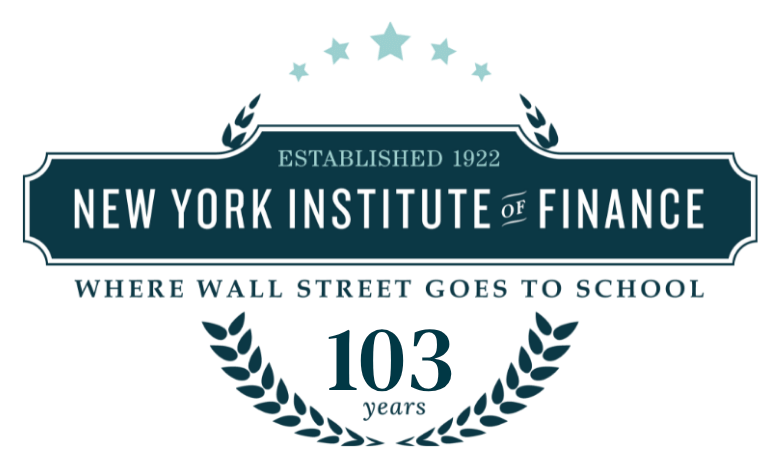Futures look rosy as Asian banks fill gaps in the derivatives market
This article originally appeared on the Financial Times website, FT.com on September 9th, 2014
At UOB Plaza, a public space at the headquarters of Singapore’s United Overseas Bank, trading screens were displayed last month promoting the ability of the bank’s bullion and futures division to offer clients trading on big western derivatives exchanges.
An executive from the Singapore office of Eurex, the derivatives arm of Germany’s Deutsche Börse, took to a podium to explain the benefits of trading on his exchange. Passers-by paused to listen and pick up the free UOB coffee mugs on offer.
So far, so normal for a financial services company promoting its services to the public. Except UOB has not been known as a player on the global futures markets, traditionally dominated by the likes of Deutsche Bank, Citi, JPMorgan and UBS.
UOB, the Asian city-state’s third-largest bank by assets, has been ramping up its futures business.
In May, it became the first bank in Asia to obtain membership with Eurex Clearing, the Frankfurt-based clearing house operated by Deutsche Börse. A few days later, UOB joined CME Group’s clearing house, giving it access for clients to clearing services on the CME’s benchmark US futures products in Chicago. That connection goes live at the end of the year.
The moves are a sign of a wider trend: Asia’s regional banks and brokers are expanding into the regional – and global – futures business.
Steve Grob, director of strategy at Fidessa, a UK-listed trading technology company that opened an office in Singapore this year, says: “As the global banks grapple with tides of regulation, fines and myriad other post-crisis issues, local Asian institutions are tooling up and stepping in to fill the gaps.”
UOB’s case shows how Singaporean banks are starting to expand their derivatives services beyond local currency-denominated products into US dollar- and euro-denominated derivatives offered on global bourses based in US and Europe.
By obtaining membership of Eurex’s clearing house, UOB can offer clearing services for trading in Eurex’s flagship Euro Stoxx futures, and in Bund, Bobl and Schatz German government bond futures. The contracts are among the most widely traded futures in the world, along with eurodollar futures on the Chicago Mercantile Exchange.
The Monetary Authority of Singapore, the city-state’s market regulator, helped get the process moving on the regulatory front when it decided in 2012 to allow banks in Singapore to offer clearing services on Eurex.
But one of the main drivers of the trend has been western banks pulling back from servicing medium-sized clients and local proprietary traders to focus on global clients. These banks are dealing with tougher, post-crisis regulation such as the US Dodd-Frank act, which mandates more transparency and risk management in derivatives markets.
Southeast Asian banks such as UOB’s rivals DBS, Oversea-Chinese Banking Corporation, CIMB, Maybank and RHB Capital, are also stepping in to provide margin financing as western banks pull back, in part because of the cost of impending Basel III capital requirements.
“That space historically has been owned by the western players and now these Asian players are able to offer their clients good clearing rates on western exchanges,” says Russell Toop, managing director for Singapore and Hong Kong at Trading Technologies, a US-based rival of Fidessa. He points out that such banks are generally well-capitalised.
About 20 per cent of Trading Technologies’ trading screens have been sold to clients in Asia, up from almost none in 2007, when the company opened its Singapore office.
That mirrors the growth of futures trading in Asia. According to the US-based Futures Industry Association, from 2008 to 2013 the trading volume of derivatives in Asia grew at a compound annual growth rate of 7.8 per cent to 7.3bn contracts. The region also accounted for 33.7 per cent of derivatives contracts traded globally in 2013.
As Asian banks increased activity, exchanges in Asia have been upgrading their trading systems, strengthening risk management and clearing systems, as well as educating local populations in derivatives trading.
In July, the Philippine Stock Exchange, one of the fastest growing bourses in southeast Asia, agreed to buy a new trading system from Nasdaq OMX as part of an overhaul to expand into derivatives and allow the widespread use of short selling.
Two months earlier, the Stock Exchange of Thailand’s futures platform launched a derivatives trading and clearing system allowing “multi-asset” trading, provided by Sweden’s Cinnober and KRX, the South Korean exchange.
Such moves have started to attract the attention of western exchanges, including Deutsche Börse, which in April signed a memorandum of understanding to “facilitate the development of the securities and derivatives markets between Thailand and Germany”
About New York Institute of Finance
With a history dating back more than 90 years, the New York Institute of Finance is a global leader in training for the financial services and related industries with course topics covering investment banking, securities, retirement income planning, insurance, mutual funds, financial planning, finance and accounting, and lending. The New York Institute of Finance has a faculty of industry leaders and offers a range of program delivery options including self-study, online and in classroom.
For more information on the New York Institute of Finance, visit the homepage or view in-person and online finance courses below:
